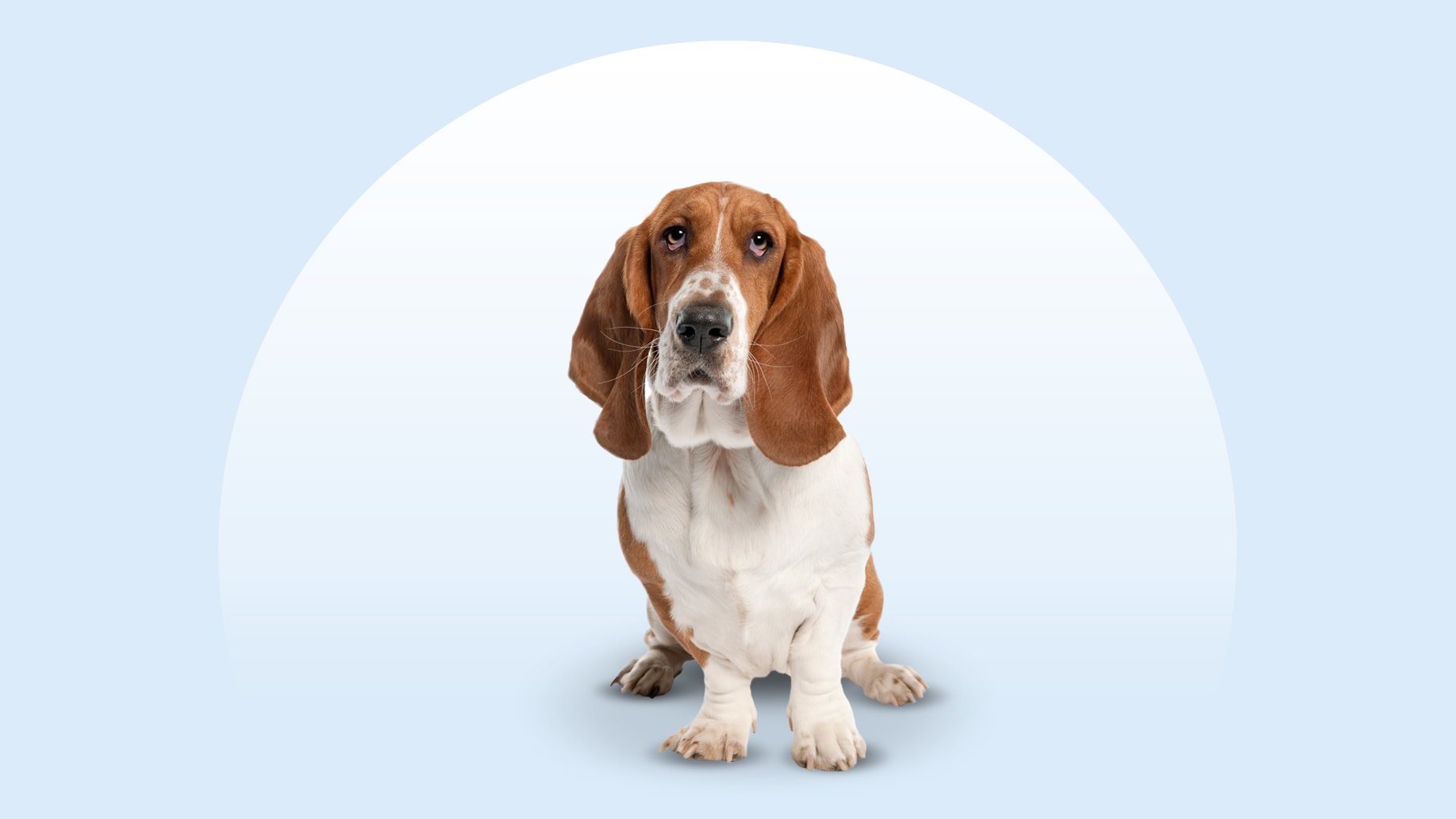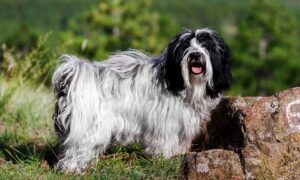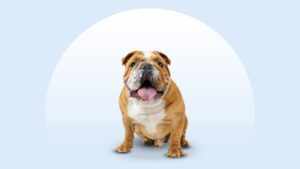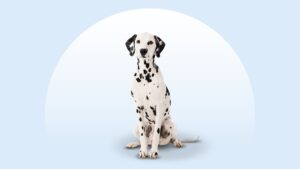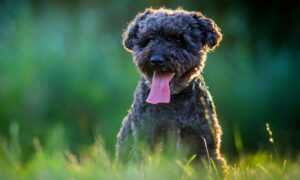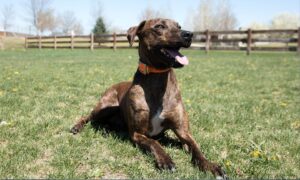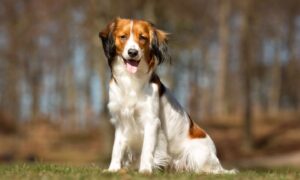Basset Hound
Updated December 15, 2025
Basset Hound
Updated December 15, 2025
A gentle, loyal friend, the Basset Hound is the Pisces of the dog world (for reasons that have nothing to do with water). They’re easygoing, peaceful pups who just want the world to be a nice place, and they know that stopping to sniff some flowers can be the mood boost your day needs.
Daydreamer, Mellow, Smart
40–65 pounds
Up to 15 inches
12–13 years
Black and White, Black Brown and White, Black Tan and White, Black White and Brown, Black White and Tan, Brown Black and White, Lemon and White, Mahogany and White, Red and White
Looking for a mellow dog who can’t help but give off a “woe is me” vibe with their droopy ears and big, soulful eyes? You may be the perfect pet parent for a Basset Hound.
Basset Hounds aren’t going to run any races or join you on mountain-climbing hikes (and they shouldn’t, to protect their fragile back), but they will be a constant companion who loves to stop and smell the flowers (literally). And if they get a whiff of a scent they just can’t resist from across the way, their sudden enthusiasm might just surprise you.
Basset Hound Characteristics
Basset Hound Appearance
Basset Hounds have soulful puppy dog eyes, short legs, and powerful snoots held low to the ground. Their ears are an adorable tripping hazard. Most commonly, their coat is a combo of black, tan, and white.
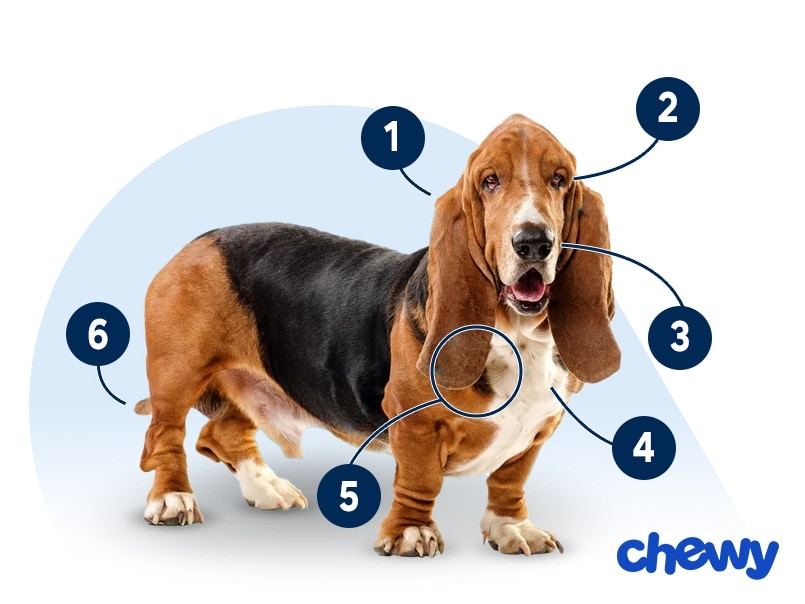
- Ears
Basset Hound ears are set low on the head. Soft and velvety, they hand long and loose. They’re rounded at the ends, which drag along the ground when they sniff, helping to collect scents.
- Eyes
Basset Hounds have big, brown soulful eyes that may give off a sad vibe—even in the happiest pup! Rest assured that your dog may look moody but be a perfectly content canine.
- Nose
A dark, round nose sits at the end of a long, straight snout.
- Coat Length
Their stiff, smooth hair is short all over.
- Coat Color
When it comes to Basset Hound colors, tricolor (tan, black, and white) is the most common combination. Black and white, brown and white, red and white, and lemon and white are also common.
- Tail
The Basset Hound tail is long and straight, with coarse hair on the underside.
Basset Hound Temperament
Basset Hounds are happy daydreamers with a laidback aura. They’re good-natured and calm dogs with a personality that’s accepting of family and guests equally. Don’t expect them to get all wiggly and excited about things like most dogs—Basset Hounds are a bit more reserved than that.
But they will surprise everyone when they’re captivated by a scent they must sniff. They’ll cheerfully run off after whatever smell they detect, so it’s smart to keep them on a leash when they’re not in a fenced area.
Because they can come off a little lackadaisical, it’s easy to dismiss Bassets as not as bright as other pups—but this would be a mistake. These dogs are very intellectual, and they need something to do with their nose and mind.
Scent work keeps them happy, so they require a pet parent who can help with tracking and making sure they’re mentally stimulated with access to lots of sniffs and smells.
If it takes your Basset Hound a bit longer to pick up on training, it’s probably just because they were preoccupied by all the scents around them. They’re not people pleasers, either, so they need a pet parent who makes training fun.
These medium-sized pups are also affectionate souls. They don’t know they’re not exactly small enough to be lapdogs, so be prepared for some oversized snuggles on the couch.
How to Care for a Basset Hound
Basset Hound have big ears and loose skin that need extra attention. They’re fairly easy to care for, but they need the usual training and socialization to be their best selves.
Grooming
Training
Diet
Exercise
Environment
Basset Hound Health
The typical Basset Hound lifespan is 12–13 years. Here are some health issues to be aware of.
- Ear infections: Basset Hounds are predisposed to ear infections. Prevention involves keeping their ears clean and dry, especially after a bath; ask your vet how often you need to clean your Basset’s ears and which ear-cleaning product to use. Treatment often includes topical antibiotics, antifungal compounds, and anti-inflammatory meds.
- Elbow and hip dysplasia: Elbow and hip dysplasia are genetic conditions that develop during puppyhood when the joints don’t align well and become looser than normal. Signs include limping, and treatment might involve weight loss, reduced activity, joint supplements, physical therapy, pain meds, or (in severe cases) surgery.
- Glaucoma: Glaucoma occurs when fluid in the eyes doesn’t drain and pressure builds. This medical emergency can be painful and result in blindness. Glaucoma can be genetic in Basset Hounds, and there is a screening test. Treatment is topical medications or surgery.
- Immune-mediated thrombocytopenia (ITP): ITP is a blood disease where the dog’s immune system attacks the body’s platelets. This affects clotting and can result in internal or spontaneous bleeding, making ITP a medical emergency. Treatment may include a blood transfusion or immunosuppressive medications.
- Intervertebral disc disease (IVDD): IVDD is a neurological condition caused by a bulging or slipped disc pushing on the spinal cord. It can be very painful, and your dog may be suddenly paralyzed or unable to use their back (or, less often, front) legs.
- Keeping your Basset Hound at a healthy weight helps prevent IVDD, but you also need to make sure their bottom and back are always supported when you pick them up. They also need to avoid stairs as much as possible.
- Von Willebrand disease: Basset Hounds are susceptible to von Willebrand disease, a bleeding disorder where the blood doesn’t clot properly. Your veterinarian can test your dog for this.
Basset Hound History
The Basset Hound was the 10th breed to be recognized by the American Kennel Club in 1885.
Originally bred in France and Belgium, the Basset Hound—from the French word bas, meaning low—is a low-to-the-ground cousin of the Bloodhound. They originally became popular because of their ability to sniff out hares in the wild.
The breed’s popularity skyrocketed in the U.S. in 1928 when TIME magazine featured a Bassett Hound on the cover in celebration of the 52nd annual Westminster Dog Show. The Basset Hound Club of America formed in 1935.
These smart pups enjoyed another popularity boost in the 1960s when they were featured in an ad campaign for Hush Puppy shoes and in the Fred Basset comic strip.
Basset Hound puppies can be anywhere from $850–$2,500 or more. If you choose this route, pick a responsible breeder.
You can also consider Basset Hound adoption, as there are many pups patiently waiting for their forever homes. Adopt through a Basset Hound rescue, like the Tri-State Basset Hound Rescue or ABC Basset Rescue; keep an eye out at your local animal shelter or pet rescue; or search Chewy’s database of adoptable dogs in your area.
